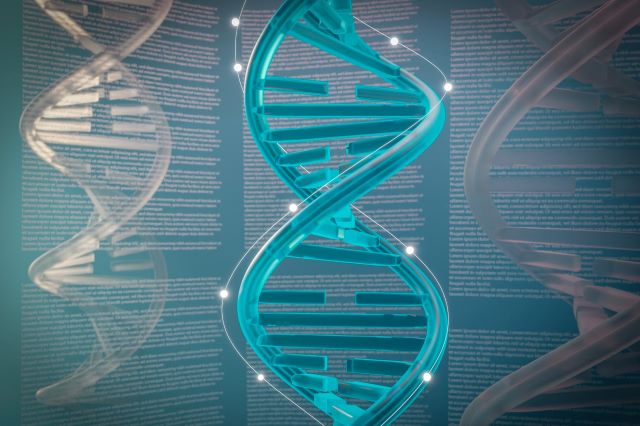Bifidobacteria: The Key to a Healthy Microbiome and Strong Immunity

Bifidobacteria are one of the key representatives of the normal gut microbiota, playing an important role in maintaining overall health. They colonize the intestines from the first days of life and participate in numerous processes that support digestion, strengthen the immune system, and synthesize essential vitamins.
However, with age and under the influence of various factors, their numbers decrease, leading to microbial imbalance and increasing the risk of various diseases. Understanding the distribution of bifidobacteria in the gut, their functions, and the factors that affect their levels helps maintain microbiome balance and prevent potential health problems.



